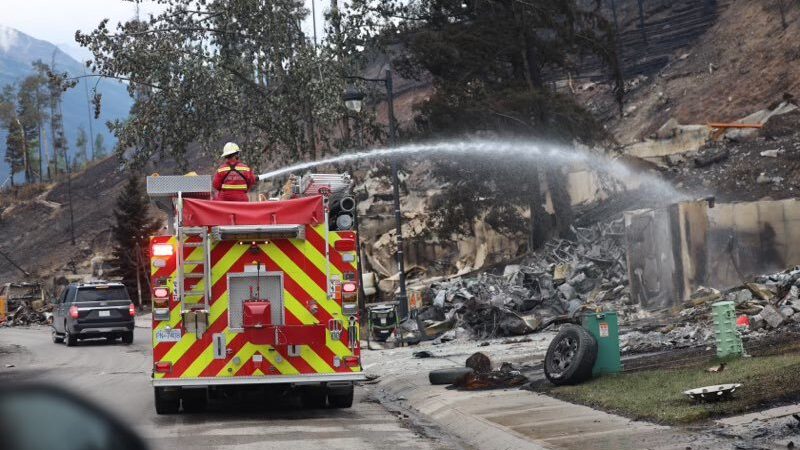Federal government COVID-19 wage subsidy, emergency benefit to cost $95-billion
Posted April 1, 2020 11:39 am.
Last Updated April 1, 2020 9:23 pm.
TORONTO (NEWS 1130) — Finance Minister Bill Morneau revealed Wednesday the 75-per-cent Canada Emergency Wage Subsidy for businesses that have lost 30 per cent of their revenue is projected to cost the federal government $71 billion.
He said the Canadian Emergency Response Benefit, which will pay affected workers $2,000 a month for the next four months, is expected to cost $24-billion.
Combined, the two programs will cost $95 billion.
Finance Minister Morneau detailing 75% wage subsidy to support businesses during #COVID19 crisis:
He says businesses will have to prove income down 30% by comparing income with same month the previous year, and says companies will have to re-apply for subsidy each month.
— Martin MacMahon (@martinmacmahon) April 1, 2020
“Canadians have put their lives into building businesses,” Morneau said.
But COVID-19 has slowed down operations and forced many to close or make difficult choices, such as whether or not to pay employees.
“The toughest of all is when you don’t have enough money to pay your workers,” Morneau added.
“Making sure Canadians feel secure in their jobs is a boost of confidence we all need in this challenging time. It’s a sense of hope that life will get better, even as we deal with stress and sickness, that our families will be able to pay the bills and that life will go on.”
The proposed Canada Emergency Wage Subsidy will supply employers who see 30 per cent or more decline in gross revenues, compared to the same time last year, with a wage subsidy of 75 per cent for the first $58,700 of salary, up to a maximum of $847 a week, per employee.
The subsidy is available to large and small Canadians companies, as well as individuals, partnerships and corporations that are not publicly funded. That includes the hospitality sector, which Morneau recognized has been hit hard by the pandemic as many businesses have been forced to close or alter operations, such as moving to take-out or delivery only.
“Restaurants and cafes have had to close their doors. Tech and manufacturing companies have had to slow their business, and books shops and clothing stores have had to layoff their staff,”
Minister of Small Business Mary Ng said through an interrupter.
“Small businesses are at the heart of our communities.”
They employ 8.3 million people, she added.
Ng, who as a child helped her parents run their own small business, said 75 per cent of small businesses in Canada have fewer than 10 employees.
To help keep costs low for them during the pandemic, the federal government is deferring the GST, HST and customs duty payments for businesses for next three months and extending and tax filing date.
“We’re helping businesses with their cash flow to pay for operating costs, like rent,” through the Canadian Emergency Response Benefit.
Morneau said the wage subsidy is also available to non-profit and charitable organizations with similar declines in revenues.
He also stressed employers will need to attest that they are making every effort to pay workers the remaining 25 per cent of their incomes.
“Because what’s most important is that Canadians can come back to work. My message to Canada’s employers is this: get ready to rehire people.”
Morneau said a new application portal for the subsidy will launch soon. Funds will be available in about six weeks, he added.
He repeated that there will be severe consequences for any “bad actor” who tries to abuse the system.
“This is an unprecedented crisis,” Morneau added. “We’ve taken unprecedented measures, introducing emergency support unlike any this country has ever seen. This is the largest economic program in Canada’s history.”








